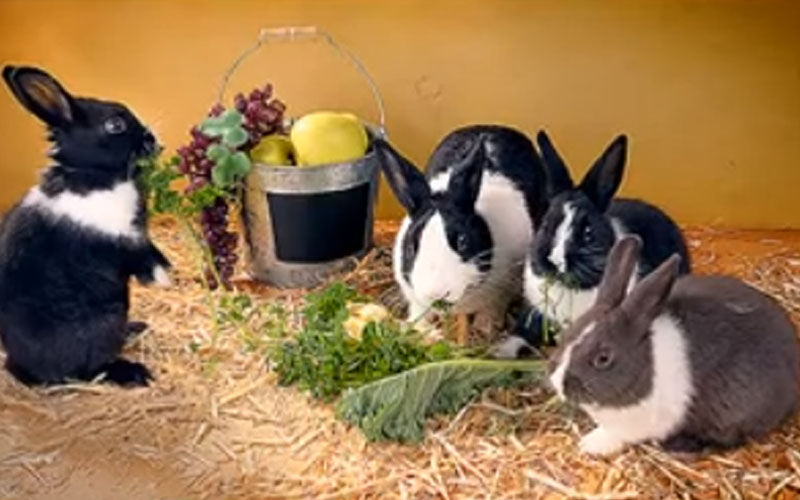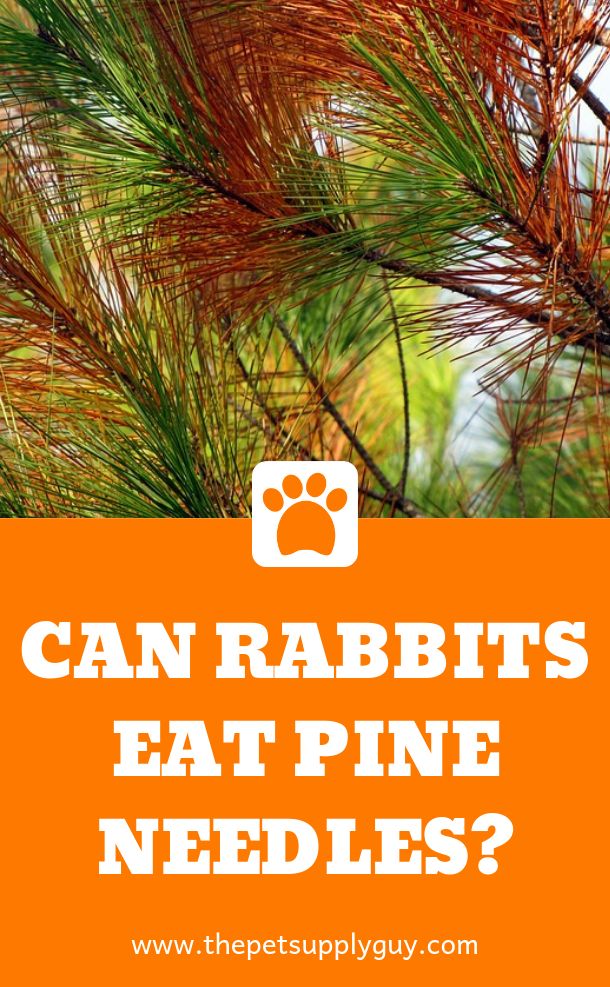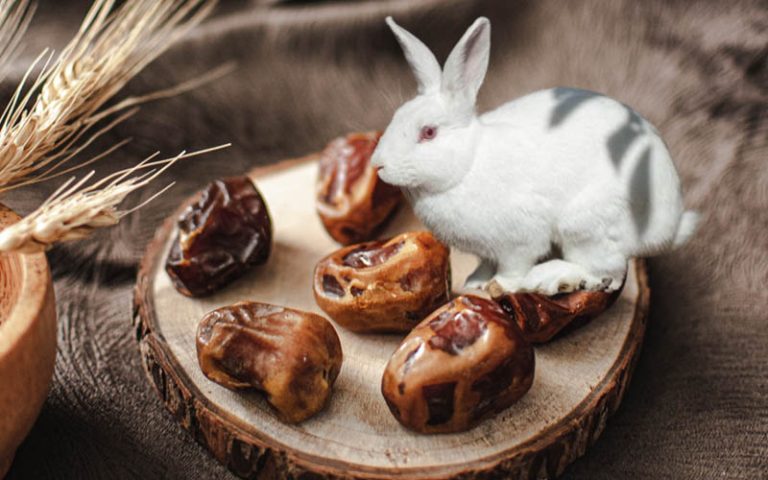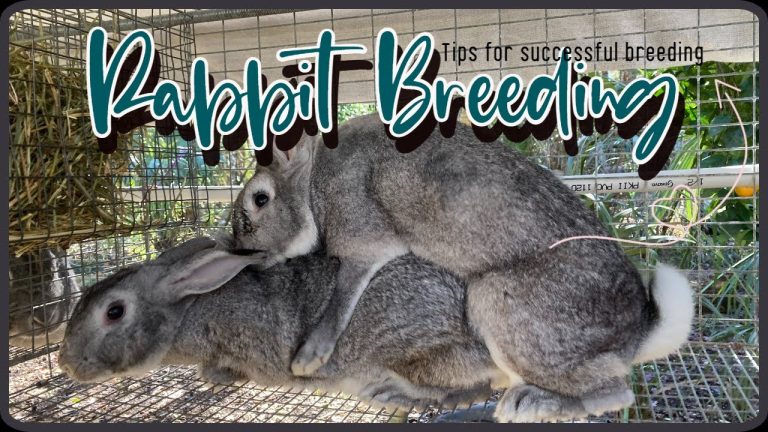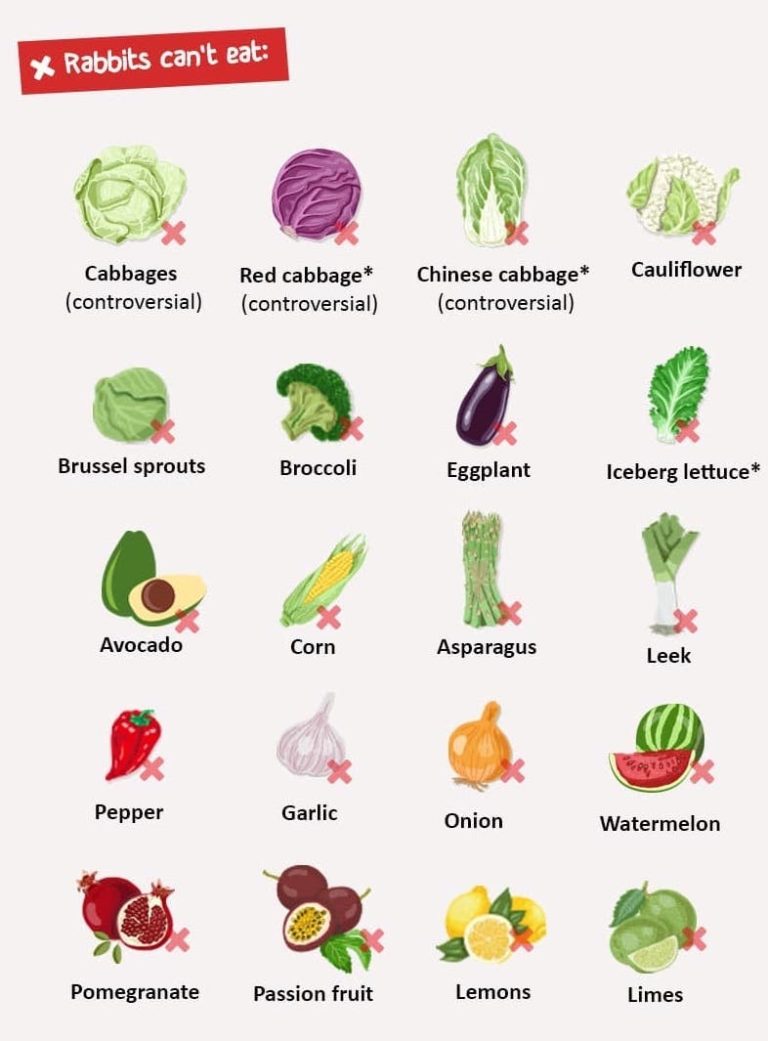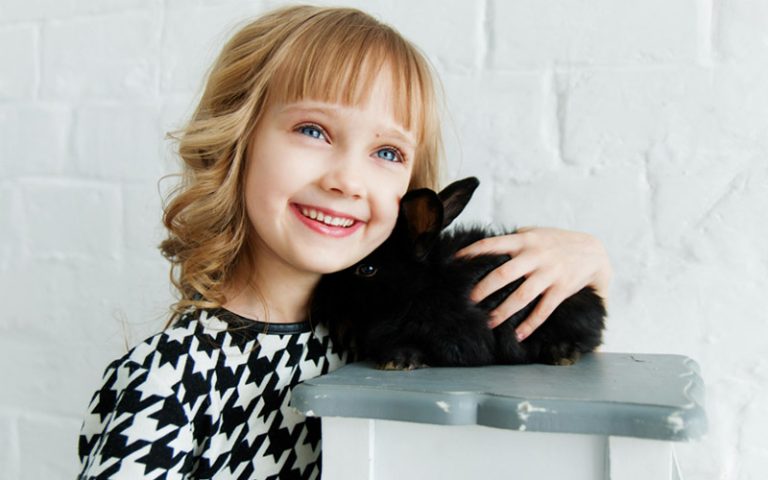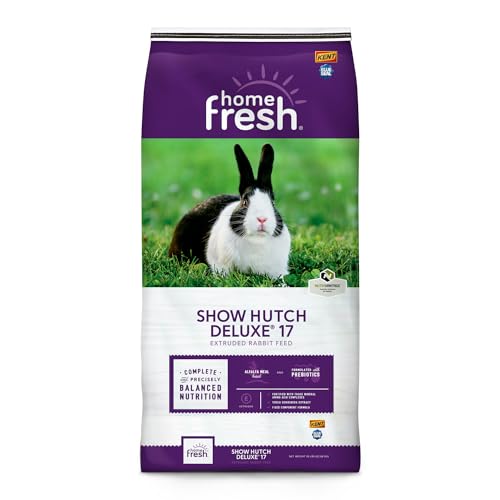Can Rabbits Eat Squash: A Guide to Safe Rabbit Treats
Rabbits can eat squash. Squash is safe and healthy for them, providing essential nutrients like vitamins A and C. However, it’s important to feed them squash in moderation alongside their regular diet of hay and fresh vegetables.
What Is Squash Vegetable?
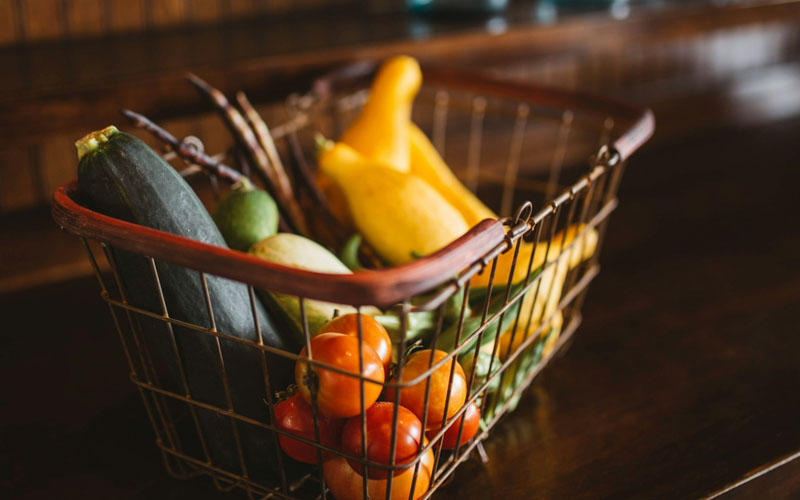
Squash is a nutritious vegetable that belongs to the gourd family. It’s a versatile and tasty option for your plate, with a mild flavor and smooth texture. Whether you’re enjoying zucchini, acorn, or butternut squash, each variety packs a punch of essential vitamins and minerals.
Easily incorporated into soups, stir-fries, or simply roasted, squash is a great addition to a balanced diet. Rich in antioxidants and fiber, this veggie promotes digestive health.
The Nutrient Profile of Squash
A table for the nutrient profile of squash:
| Nutrient | Amount per 1 cup (205g) |
|---|---|
| Calories | 39 |
| Total Fat | 0.4g |
| Saturated Fat | 0.1g |
| Cholesterol | 0mg |
| Sodium | 2mg |
| Total Carbohydrate | 9.9g |
| Dietary Fiber | 2.2g |
| Sugars | 2.2g |
| Protein | 1.4g |
| Vitamin A | 7530 IU (151% DV) |
| Vitamin C | 12.4mg (21% DV) |
| Calcium | 36mg (4% DV) |
| Iron | 0.8mg (4% DV) |
| Potassium | 471mg (13% DV) |
DV = Daily Value
Rabbits, being herbivores, thrive on a diet rich in fiber, vitamins, and minerals. Squash, a versatile vegetable, fits well within this dietary framework. Our expert analysis reveals that squash contains essential nutrients such as:
1. Fiber Powerhouse: A Digestive Dynamo
Squash stands tall as a fiber-packed champion, playing a pivotal role in maintaining your rabbit’s digestive health. This nutrient, akin to a cleaning crew for the digestive tract, aids in smooth digestion, ensuring your pet’s system runs efficiently.
2. Vitamins Galore: Immunity Boosters
Picture squash as a natural pharmacy for your rabbit, stocked with vitamins like A, C, and K. These vitamins work synergistically to fortify your rabbit’s immune system, warding off potential health threats and keeping them in prime condition.
3. Mineral Marvels: Building Blocks for Health
Squash doesn’t stop at vitamins; it’s also a rich source of essential minerals such as potassium. Think of potassium as the conductor orchestrating your rabbit’s heart health and maintaining proper hydration levels, a crucial aspect of their overall well-being.
Types of Squash Safe for Rabbits
Rabbits love munching on various types of squash, and fortunately, several options are not just delicious for them but also safe and nutritious. Here are five types of squash that you can happily include in your fluffy friend’s diet:
- Zucchini (Courgette): Zucchini is a fantastic choice for rabbits. It has a mild flavor and a crisp texture, making it a crunchy delight for your furry companion. The high water content in zucchini also helps keep your rabbit hydrated, a crucial aspect of their overall well-being.
- Butternut Squash: Packed with essential nutrients, butternut squash is a rabbit-friendly option that adds a sweet and savory touch to their meals. Rich in vitamins A and C, butternut squash promotes good eye health and boosts the immune system of your hoppy friend.
- Acorn Squash: Acorn squash is another safe option for rabbits, offering a slightly nutty flavor. This type of squash is a great source of dietary fiber, aiding in proper digestion for your bunny. Additionally, it provides valuable nutrients like potassium and vitamin C.
- Spaghetti Squash: If you’re looking to add some fun variety to your rabbit’s diet, spaghetti squash is an excellent choice. When cooked, the flesh of this squash transforms into stringy strands, providing a unique and entertaining eating experience for your furry companion. It’s low in calories but high in fiber, contributing to a healthy digestive system.
- Pumpkin: While pumpkin is technically a type of squash, it deserves a special mention due to its widespread popularity among rabbits. Pumpkin is not only safe but also offers a range of health benefits. It’s rich in antioxidants and supports digestive health, making it a great addition to your rabbit’s diet. Just be sure to remove any seeds and serve it in moderation.
How Much Squash Can a Bunny Have?
A bunny can safely enjoy a moderate amount of squash. It’s essential to offer this furry friend small portions to prevent digestive issues. Ensure the squash is fresh, clean, and cut into bite-sized pieces. Limit the intake to prevent overeating, as too much can lead to tummy troubles for your bunny.
How to Introduce Squash to Rabbits?
Introducing squash to your rabbits is a simple and beneficial way to diversify their diet, providing them with essential nutrients and keeping mealtime interesting. Follow these easy steps to introduce squash to your furry friends.
1. Start Slowly
Begin by incorporating small amounts of squash into your rabbits’ diet. This allows them to get used to the new flavor without overwhelming their sensitive digestive systems. Slice the squash into manageable pieces, ensuring they are easy for your rabbits to nibble on.
2. Observe Preferences
Rabbits, like humans, have individual preferences. Offer different types of squash, such as zucchini, butternut, or acorn squash, to see which one your rabbits enjoy the most. This not only adds variety to their diet but also ensures they get a well-rounded nutritional intake.
3. Mix with Familiar Foods
To make the introduction smoother, mix small pieces of squash with their regular food. This way, the rabbits can associate the new food with familiar smells and tastes, making them more likely to accept it.
4. Monitor for Allergies or Discomfort
Keep a close eye on your rabbits after introducing squash. Watch for any signs of allergies or discomfort, such as changes in behavior or digestive issues. If you notice any adverse reactions, consult your veterinarian and adjust the introduction accordingly.
5. Gradual Increase
Once your rabbits show a positive response to squash, gradually increase the amount over a few days. This slow transition allows their digestive systems to adapt, reducing the risk of upset stomachs.
6. Fresh and Clean
Always provide fresh and clean squash to your rabbits. Avoid offering spoiled or overripe pieces, as they may cause digestive problems. Fresh, high-quality squash ensures your rabbits receive the maximum nutritional benefits.
7. Supervise Introductions
While rabbits are generally good at exploring new foods, supervision during the introduction is crucial. This way, you can ensure they are eating the squash without any issues and prevent any potential hazards.
8. Incorporate into Daily Diet
Once your rabbits have fully accepted squash, incorporate it into their daily diet as a regular treat. This not only adds nutritional value but also enriches their diet with a variety of flavors.
Potential Risks and Precautions
Squash might seem like a tasty treat for your fluffy bunny, but there are some potential risks associated with feeding it to them. Here are some precautions you should take before offering squash to your rabbit.
Risks:
- Digestive Issues: Rabbits have sensitive digestive systems, and sudden changes in their diet can lead to gastrointestinal problems like diarrhea or bloating. Squash, especially if given in large amounts, can upset the stomach and cause digestive issues.
- Obesity: Squash is relatively high in sugar and carbohydrates, which can contribute to weight gain in rabbits if fed excessively. Obesity in rabbits can lead to various health problems, including joint issues and decreased lifespan.
- Nutritional Imbalance: While squash contains some beneficial nutrients like vitamins A and C, it lacks essential nutrients that rabbits need for optimal health, such as fiber and protein. Feeding too much squash without balancing their diet with hay and leafy greens can result in a nutritional imbalance.
- Toxicity: Certain parts of the squash plant, such as the leaves and stems, contain substances that can be toxic to rabbits if consumed in large quantities. It’s essential to remove all parts of the plant before offering squash to your bunny to prevent any potential poisoning.
Precautions:
- Moderation is Key: Offer squash to your rabbit in moderation, as an occasional treat rather than a staple food in their diet. Limit the amount to a small piece, about the size of their paw, a few times a week to avoid overfeeding.
- Introduce Gradually: If you’re introducing squash to your rabbit’s diet for the first time, do so gradually. Start with a small amount and monitor their reaction over a few days to ensure they tolerate it well without any digestive issues.
- Balance with Hay and Greens: Ensure that squash is not the primary component of your rabbit’s diet. Provide a balanced diet consisting mainly of high-quality hay and fresh leafy greens, with squash as an occasional addition.
- Select Fresh Squash: Choose fresh, ripe squash without any signs of mold or rot. Wash it thoroughly and remove any seeds or tough skin before offering it to your rabbit.
- Monitor for Adverse Reactions: Keep an eye on your rabbit after feeding them squash for any signs of digestive discomfort or unusual behavior. If you notice any adverse reactions, discontinue feeding squash and consult your veterinarian.
Can Bunnies Eat Squash Seeds?
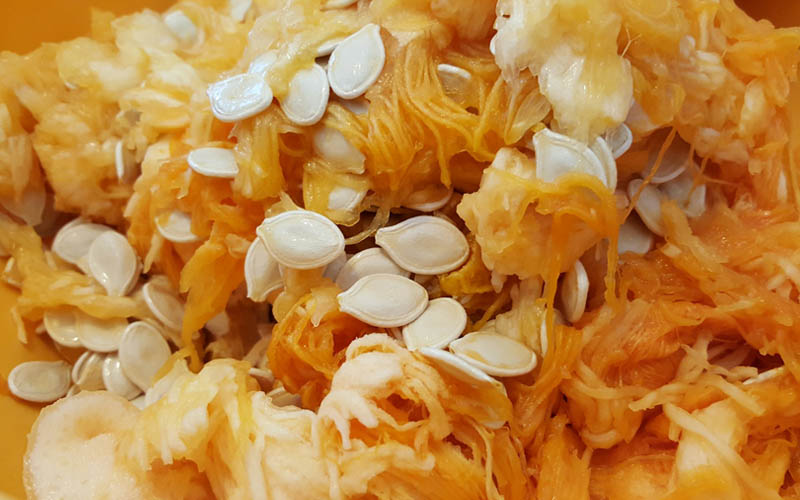
Rabbits can eat squash seeds. Squash seeds are safe and nutritious for rabbits, providing them with essential nutrients. Including seeds as part of their diet can contribute to their overall well-being. However, it’s crucial to offer them in moderation, as excessive consumption may lead to digestive issues. Always ensure the seeds are fresh and clean before serving them to your rabbit.
Do Rabbits Eat Squash Plants?
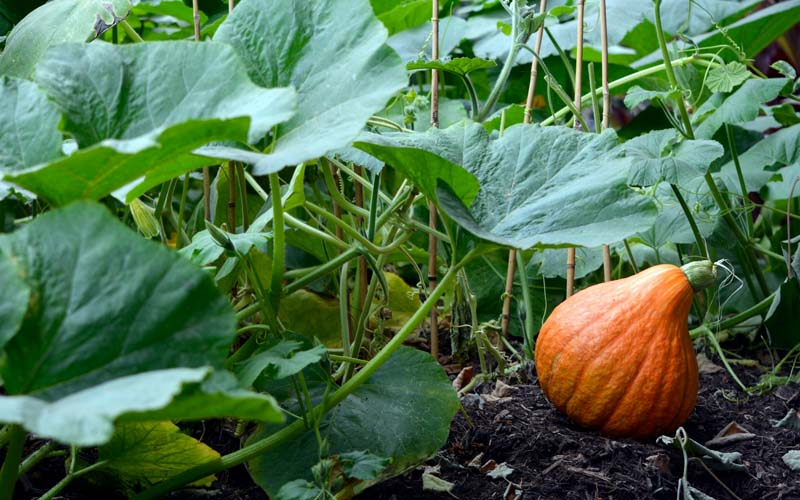
Rabbits do eat squash plants. They enjoy nibbling on the leaves, stems, and sometimes even the fruits of squash plants. These furry critters can cause damage to your garden if left unchecked.
Can Rabbits Eat Yellow Squash?
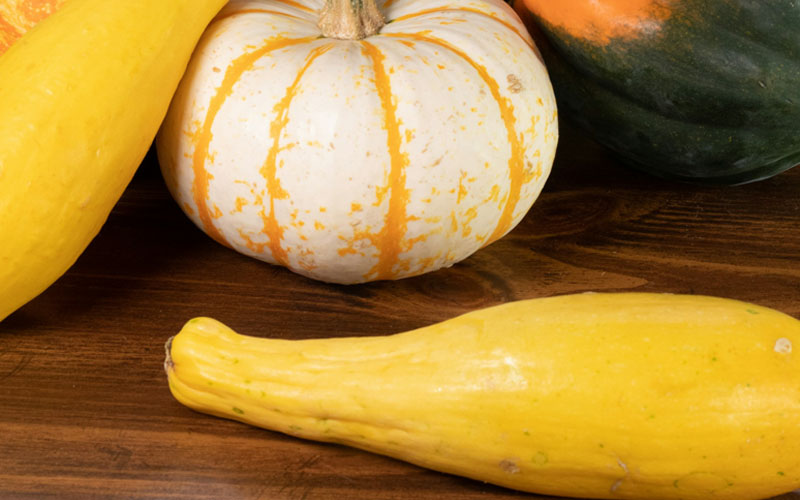
Rabbits can eat yellow squash. It’s a safe and healthy addition to their diet. Yellow squash provides essential nutrients like vitamins A and C, as well as fiber. Make sure to introduce it gradually to avoid digestive issues, and always wash the squash thoroughly. Cut it into bite-sized pieces for easy nibbling.
FAQ
Rabbits can safely eat squash and zucchini. These veggies are nutritious and provide a variety of essential vitamins and minerals for your bunny. Ensure the pieces are cut into small, manageable sizes to prevent choking.
Rabbits can eat butternut squash. It’s a safe and healthy option for them. Butternut squash provides essential nutrients like vitamins A and C, which are beneficial for their overall well-being. To feed your rabbit butternut squash, simply wash, peel, and cut it into small, manageable pieces.
Rabbits can eat pumpkin. It’s a safe and nutritious treat for them. Ensure it’s served in small, bite-sized pieces to prevent choking. Pumpkin is rich in fiber and vitamins, promoting a healthy digestive system for your bunny. Remove seeds and avoid seasonings, serving plain, cooked pumpkin.
Some vegetables can be harmful to rabbits. Avoid feeding them onions, garlic, and potato greens as they contain substances that are toxic to bunnies. Stick to safe choices like carrots, leafy greens, and bell peppers. Always check before offering new veggies to ensure they’re rabbit-friendly.

